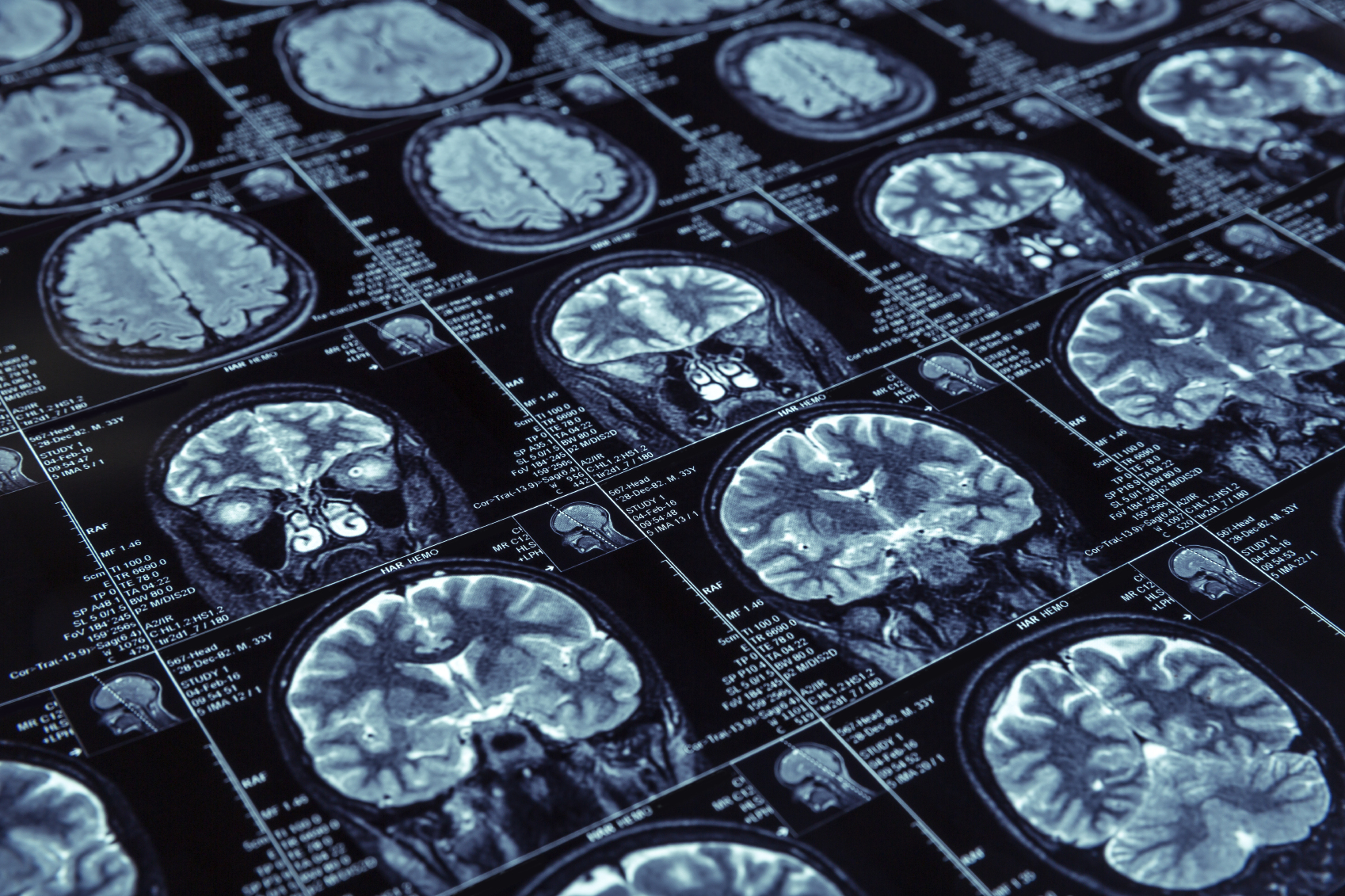Study adds to HRT and Alzheimer's debate

Hormone replacement therapy (HRT) could cut the risk of Alzheimer's in some women at elevated risk of the disease, according to researchers in the UK.
The study by a team at the Universities of East Anglia and Edinburgh shows that HRT use is associated with better memory, cognition, and larger brain volumes in later life among women carrying the APOE4 gene, a well-established risk factor for Alzheimer's.
The finding comes against a backdrop of mixed results in epidemiological studies of HRT in Alzheimer's, with some pointing to lower rates of cognitive decline, some finding a possible increase in dementia risk, and others inconclusive either way.
Almost two thirds of Alzheimer's patients in the UK are women, and quarter of them are carriers of APOE4, according to lead researcher Professor Anne-Marie Minihane, so the finding could have important public health consequences, particularly as there are limited therapeutic options for people with dementia.
"In addition to living longer, the reason behind the higher female prevalence is thought to be related to the effects of menopause and the impact of the APOE4 genetic risk factor being greater in women," said Professor Minihane.
The study found that HRT was most effective when introduced early in menopause – during perimenopause, when changes to the menstrual cycle first become apparent and symptoms start to appear.
The research team studied data from 1,178 women participating in the European Prevention of Alzheimer's Dementia (EPAD) initiative, set up to study people aged over 50 on the journey from being 'brain healthy' to a diagnosis of dementia in some cases. Their work specifically focused on the effect of HRT on women with the APOE4 genotype.
"Our research looked at associations with cognition and brain volumes using MRI scans," noted Professor Minihane. "We did not look at dementia cases, but cognitive performance and lower brain volumes are predictive of future dementia risk."
The finding is preliminary, according to the researchers, but could be significant if confirmed in an interventional study, in which HRT would be prospectively tested against a control group of APOE4-positive subjects, over several years, to see if it can reduce cognitive decline.
The differences observed in the present study could "equate to a brain age that is several years younger," according to the scientists.
"This important finding from the EPAD Cohort highlights the need to challenge many assumptions about early Alzheimer's disease and its treatment, especially when considering women's brain health," commented Professor Craig Ritchie, from the University of Edinburgh.
"An effect on both cognition and brain changes on MRI supports the notion that HRT has tangible benefit, [but] these initial findings need replication, however, in other populations," he added.
The research is published in the journal Alzheimer's Research and Therapy.













